"Pure Essential Oils You Can Ingest?"
What brand is the purest organic essential oils that you trust and is safe to ingest?
I saw this question on Facebook this morning and let loose. As I replied to the responses this evening, I thought the dialogue would make a good blog post to share with you. So now illustrated and marked up, I present...
My reply: I am a Registered Aromatherapy Health Practitioner and Certified Natural Health Practitioner. I am a curator of artisanal, social enterprise and therapeutic essential oils. There are a number of misconceptions in your question that I would like to lend a hand to clarify.
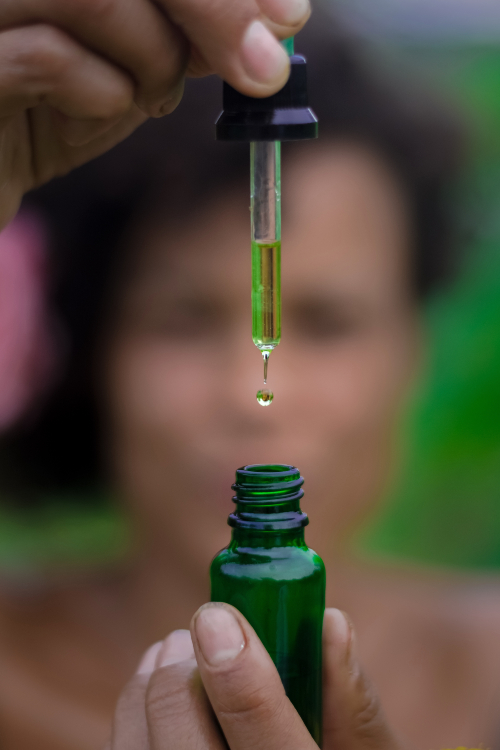
1. Pure means made of only one ingredient. All essential oils by definition are pure. There is no purest. Only pure or not pure.
2. Very very few essential oils are distilled from plants grown organically. Technically, pesticides etc do not come through distillation, so from a personal health point of view organic may be irrelevant. But organic farming is totally relevant for the health of the growers and workers, and for the Earth. Look for essential oils made by families and communities, not corporations. People who are stewards of the soil they live on take care of the Earth. Corporations destroy for profit.

Photo thanks to Ben Barber, USAID on Pixnio
3. Food grade essential oil is a commercial grade - normally taken apart and recombined into flavour and scent "recipes" for the purposes of safety and consistency - and is not necessarily pure, or humanely and sustainably produced. Think factory farming for essential oils. Only 5% of essential oils produced are therapeutic grade. And here is a big surprise. Every essential oil on the retail marketplace is therapeutic. I don't mean they are all good. Just that technically, what is sold to the consumer is not commercial grade, but therapeutic grade. And here is the biggest surprise of all. Essential oils should not be ingested. It is in fact illegal in Canada for a health practitioner to advocate ingesting essential oils. As an aromatherapist who trained for two years and continued to study to international master standard, I am telling you: if you want a cup of peppermint tea, and you put a drop of the essential oil, you will be drinking 70 cups of peppermint tea all at once. Might as well take a shot of nail polish remover at the same time. No!
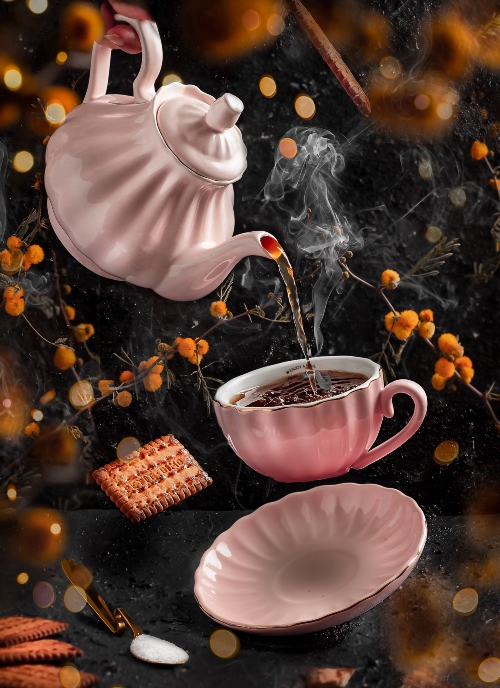
Make a cup of peppermint tea with the herb. Grow the herb. It's free. It's healthy. Want a cup of lemon tea? Get a lemon. Want to use the peel? Get an organically grown lemon. We are suffering from loss of healthy helpful gut bacteria leading to digestive, neurological, emotional problems, even cancers. The last thing we should be doing is sterilizing our guts with essential oils or antibiotics. (Please avail yourself of antibiotics when you really do need them. There's no reason to die of a tooth infection like a medieval European peasant, or from syphillis like a Renaissance Royal! Get your gut bacteria sorted out after the emergency has passed!)
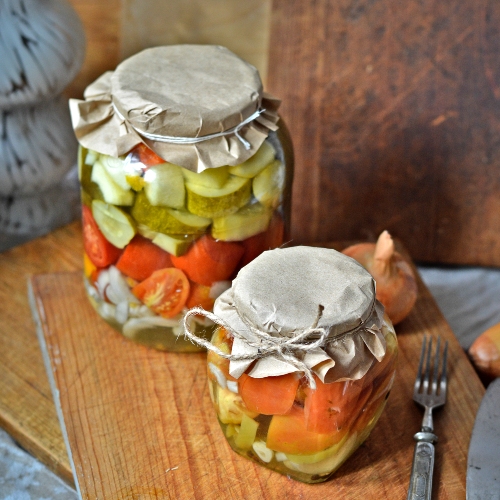
Eat traditional and fermented foods. Eat nourishing weeds from your yard and vegetables from your local farmers market. The biggest reason I am telling you this is so that you know that whoever is feeding you these ideas about "food grade" and "pure" is just trying to sell you something. They are probably misinformed.
Response: Best answer ever!! I'm so tired of the essential oil sellers telling everyone to ingest them, especially now with cold season I swear everyone recommends a few drops of xyz will make you better or prevent a cold.
My reply: To use essential oils to help with a cold, boil a pot of water and put 3-4 parts lemon to 1 part real lavender Lavandula angustifolia also known as officinalis, This could be the herb or the essential oil. Breathing in essential oils is the way to address respiratory infections! For 'flu, my favourite anti virals are lemon, palmarosa and clove bud. Read my post on effective anti-virals here.
You might want to check out my post How To Make Safe and Effective Hand Sanitizers here.
And yes, I do make safe, effective hand sanitizers that you can see starting on this page.
Another Response: Thanks for sharing your perspective - I have heard this come up and would love to know more if you don't mind weighing in on this question: "If much of what we put on our skin is absorbed into the bloodstream anyways how is it different to ingesting?"
My reply: You are right - 60-80% of what we put on our skin is absorbed into the capillary circulation. Until the 1980's, the medical profession seemed to think wholistic aromatherapists made this up, but now dermal administration is considered an excellent way to by-pass the liver. This is crux of the difference.
Absorbing through the bloodstream is very different from ingesting. When you ingest something, it goes to the digestive system first. Stomach tells liver about any component it is concerned about and liver takes it "offline" for examination and possible neutralization. This works really well, and protects many other organs from damage, but the liver itself can be harmed, or at least eventually be overburdened, by drugs and toxins, even those found in natural substances. The rest of what you ingest goes into your small, then large intestines, potentially killing off your helpful gut bacteria and allowing harmful bacteria to overgrow, leading to hampered absorption of nutrients, and eventual illness.
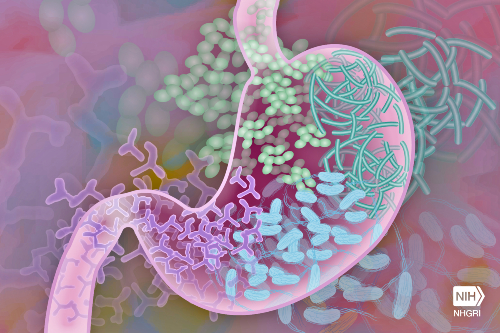 Your beautiful gut microbiome needs to be supported, not attacked! This illustration of beneficial gut bacteria is by Darryl Leja, National Human Genome Research Institute, National Institutes of Health.
Your beautiful gut microbiome needs to be supported, not attacked! This illustration of beneficial gut bacteria is by Darryl Leja, National Human Genome Research Institute, National Institutes of Health.
When you absorb something through your skin, it goes directly into capillary circulation and around the body before kidneys and liver can do something about it, and neutralize it if they are concerned. According to tradition, and medical research is backing this up continually, plant medicines know where to go in the body and what to do to help. Wholistic aromatherapists like me count on this "plant intelligence" as we call it to help the body to heal itself. It also means that essential oils when used in proper doses in a carrier oil go where they are needed without straining the liver.
There are exceptions where the benefits outweigh the risks, such as with organ system colonization (YOU WOULD KNOW IF YOU HAD ORGAN SYSTEM COLONIZATION), where ingesting oregano is a far safer at controlling infections than constant doses of anti biotics. But under virtually every other circumstance, use the herb, not the essential oil, for ingestion.
Question: ...But I did read about benefits of peppermint oil in tea by dr.axe. What are your thoughts?
My reply: I don't think Dr. Josh Axe, DNM, DC, CNS is an aromatherapist, and I don't think the people who write his content are either. (Josh Axe is not a medical doctor at all by Canadian definitions.) The information they referenced was talking about the benefits of the herb, NOT the essential oil. It is shocking that someone who claims to be a clinical nutritionist would recommend the ingestion of essential oils - of unspecified species or dosages at that - to millions of enchanted followers.
Peppermint was not used in essential oil form until the 20th century so traditional remedies refer to using peppermint the herb. In fact, essential oils were not used by regular people AT ALL until the 20th century. Traditional herbalism always refers to the use of plant as inhalations, teas, tinctures, ferments, hydrosols or infused or macerated oils. (For the smartie pants out there, yes, a few essential oils like cypress were used by ancient North Africans for embalming, but unless you are trying to embalm yourself, consider herbalism to be primarily about tea.)
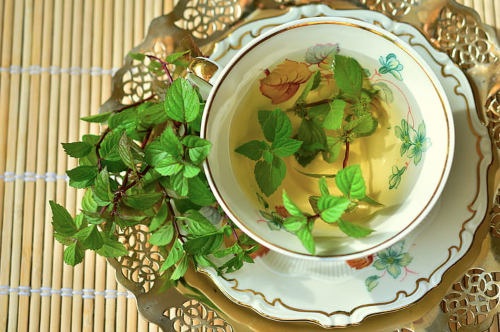
Dr Axe's post does not consider the species of mint, where the camphor and ketone levels vary. Methone can stimulate the liver in small doses, and harm it in larger doses.
So while peppermint essential oil is anti inflammatory and the herb is a great treatment for IBS and inflammatory digestive conditions, it is not wise in my opinion to take as an essential oil. And there are many many many many herbs all over the world that are anti inflammatory. Nature specializes in dynamic redundancy.
Like I wrote: if you want a cup of peppermint tea, and you put a drop of the essential oil, you will be drinking 70 cups of peppermint tea all at once. Might as well take a shot of nail polish remover at the same time. No! Make a cup of peppermint tea with the herb. Grow the herb. It's free. It's healthy. Want a cup of lemon tea? Get a lemon. Want to use the peel? Get an organically grown lemon.
To give an example of the power of peppermint Mentha piperita essential oil, you can sterilize water in an emergency situation with it. Put ONE drop of peppermint essential oil in a litre of water. Shake the bottle, then pour off half. Fill to the top with water, shake, and pour off half. Do this once more. The water remaining in the bottle will be sterile and definitely taste like peppermint!
*Oral Ingestion:
Studies show that taking essential oils internally is the least effective way to absorb their therapeutic properties. The oil ends up in the digestive tract where it has to pass through the stomach and small intestine before it reaches the bloodstream. From there the oil molecules which, by now have been chemically altered by the materials they have come into contact with in the stomach and intestine; will reach the liver, pancreas, reproductive organs and eventually be excreted via the kidneys, bladder and large intestine.
Here is an especially accessible and thorough post by Leah Morgan, CCAP How Essential Oils Enter the Body.
In conclusion, the take away here is DON'T ever take essential oils internally unless under the direct advise of a professional qualified in clinical aromatherapy. In Canada, that would be a Registered Aromatherapy Health Practitioner RAHP like me. Otherwise, find a qualified Clinical or Medical Herbalist and use herbs!

